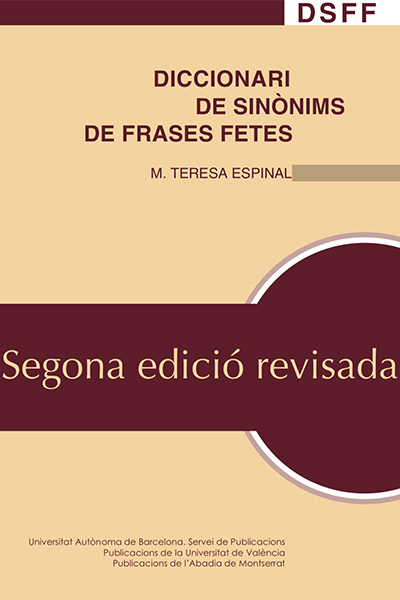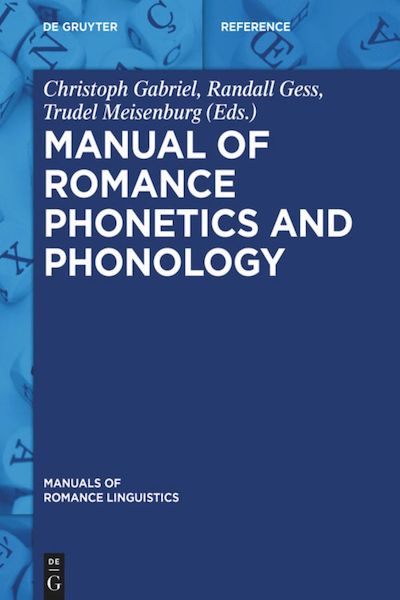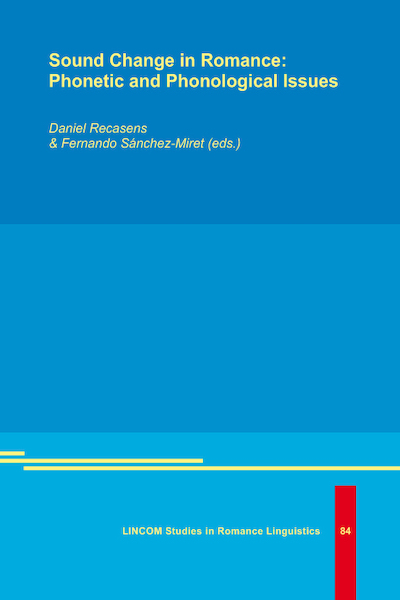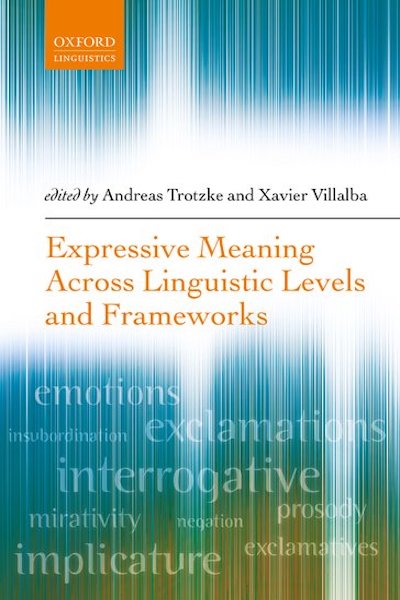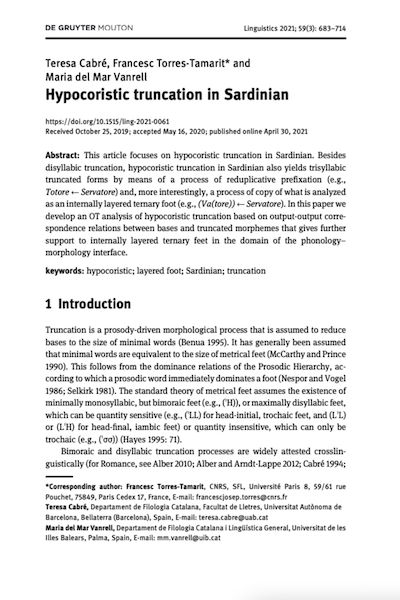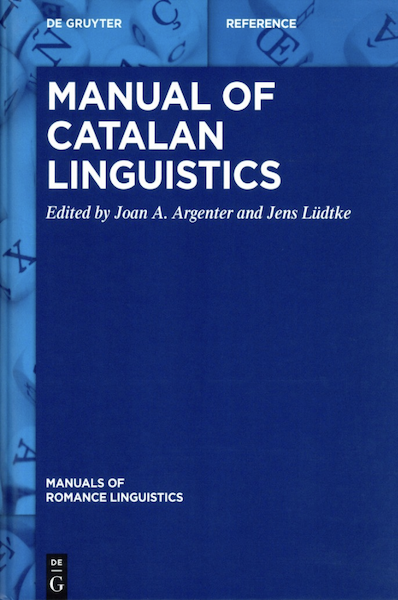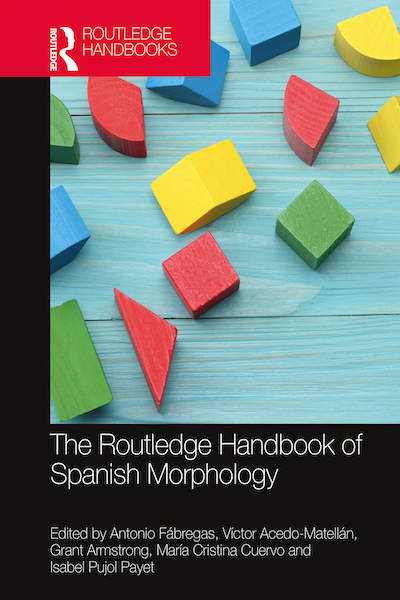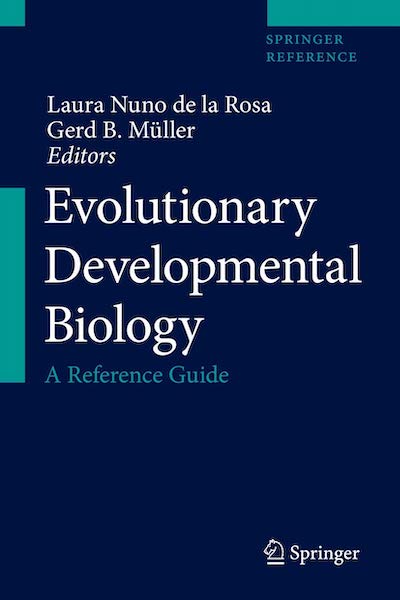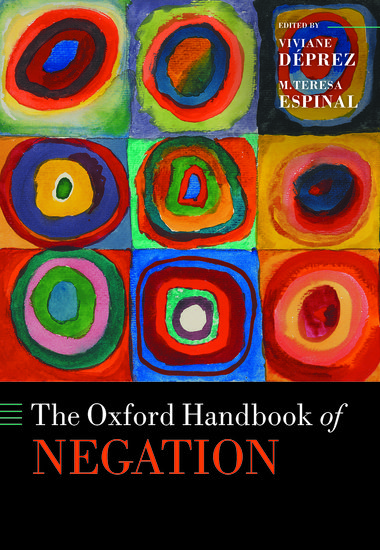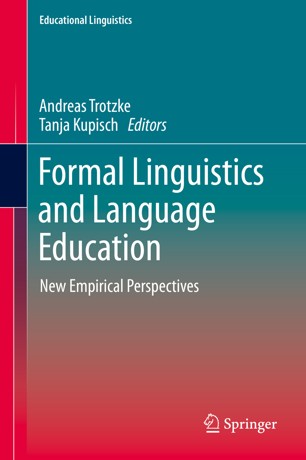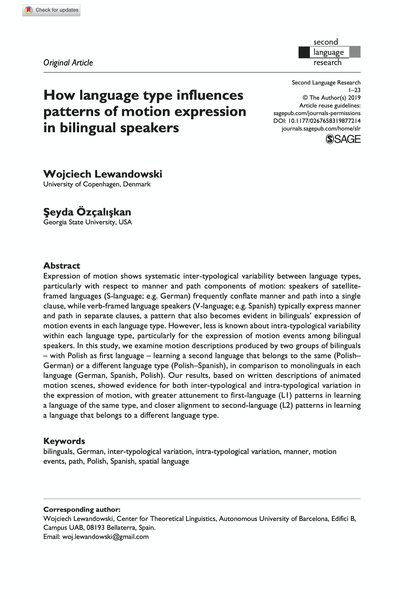
Autors:
Wojciech Lewandowski & Şeyda ÖzçalışkanTítol:
How language type influences patterns of motion expression in bilingual speakersEditorial: Second Language Research
Data de publicació: 7 d'octubre de 2019
Més informació
Expression of motion shows systematic inter-typological variability between language types, particularly with respect to manner and path components of motion: speakers of satellite-framed languages (S-language; e.g. German) frequently conflate manner and path into a single clause, while verb-framed language speakers (V-language; e.g. Spanish) typically express manner and path in separate clauses, a pattern that also becomes evident in bilinguals’ expression of motion events in each language type. However, less is known about intra-typological variability within each language type, particularly for the expression of motion events among bilingual speakers. In this study, we examine motion descriptions produced by two groups of bilinguals – with Polish as first language – learning a second language that belongs to the same (Polish–German) or a different language type (Polish–Spanish), in comparison to monolinguals in each language (German, Spanish, Polish). Our results, based on written descriptions of animated motion scenes, showed evidence for both inter-typological and intra-typological variation in the expression of motion, with greater attunement to first-language (L1) patterns in learning a language of the same type, and closer alignment to second-language (L2) patterns in learning a language that belongs to a different language type.

